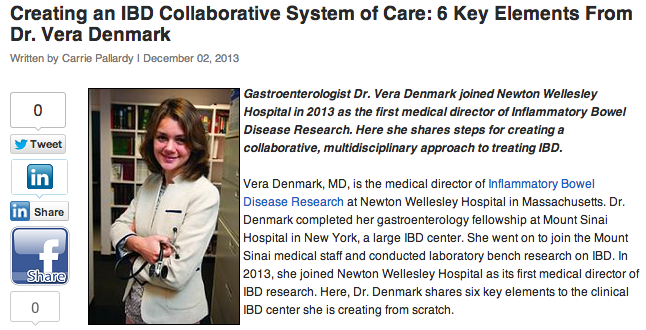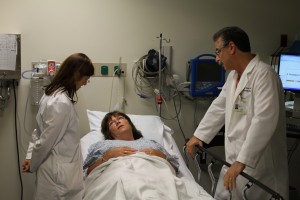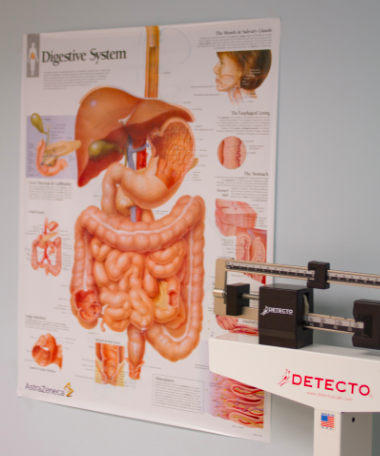Cancer is a scary thing to think about when you’re attempting to maintain a healthy lifestyle with IBD. You may have heard that continuous inflammation in the gastrointestinal tract can lead to more serious complications, such as colon cancer. Ulcerative colitis does not necessarily “cause” colon cancer, however, the risk of being diagnosed with colon cancer does increase over time. Let’s take a deeper look at how and why this happens
Ulcerative colitis can increase the risk of colon cancer based on two factors:
- Disease Duration
- Area and Extent of Colon Affected
Disease Duration
If you have lived with ulcerative colitis for 8 to 10 years, the risk of developing colon cancer will begin to increase. The longer a patient lives with ulcerative colitis, the higher their chances of developing malignant tumors in the colon. Other factors, such as family history, can significantly increase these chances as well.
How Much of the Colon Is Affected
A patient suffering from ulcerative colitis will have an increased chance of colon cancer when the entire colon is affected. Risks are reduced when the disease impacts fewer areas of the large intestine. For instance, if only the lower colon and rectum are affected, the risk of cancer is no different from that of a person without ulcerative colitis.
Although most people with ulcerative colitis never develop colon cancer, it is important to recognize that if you fit the descriptions above, you should consult your doctor about appropriate prevention methods. Annual colonoscopies and screenings are essential for catching early signs of cancer. They also offer a greater chance for recovery if your gastroenterology team finds cancerous tumors or cells. If you have lived with the disease for eight or more years, then it is vital that you ask for a precautionary examination during your next doctor visit.





